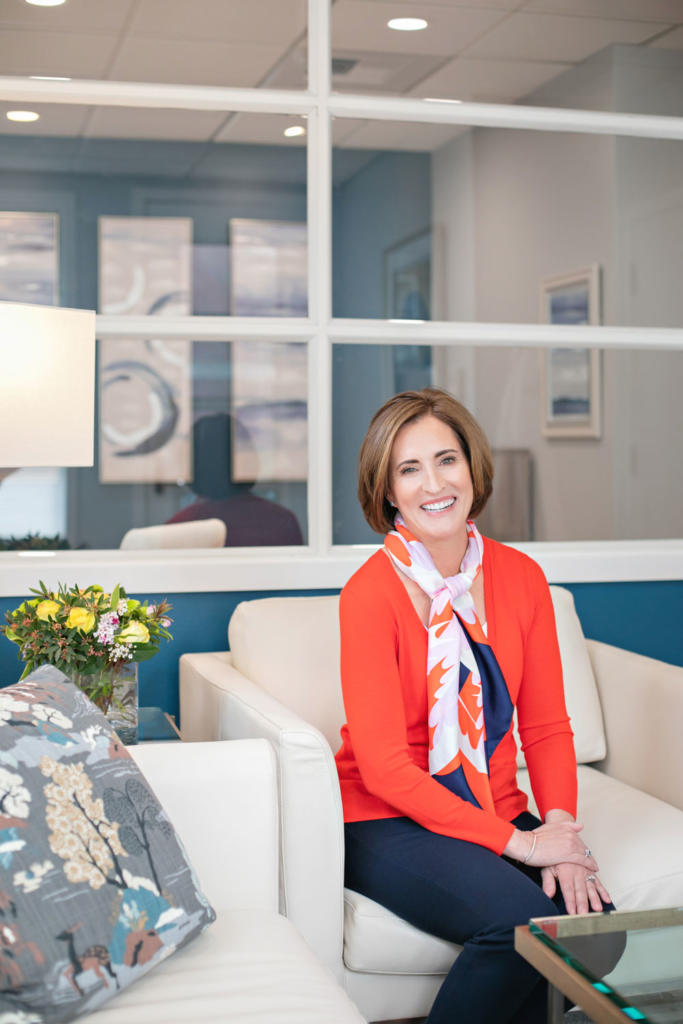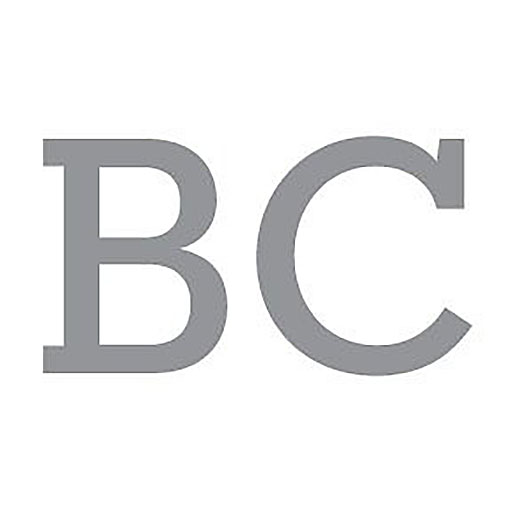Talking Through Treatment
Mary “Muff” Heffernan: Certainly one of the major changes is the patient is no longer a passive recipient of their treatment, as they seemed to be in the early days of my career. They are now very involved in decision making and their loved ones are also very involved in their care and support.
RM: And working with families is a large part of what you do, correct?
MH: Yes, a cancer diagnosis has a ripple effect within the patient’s world, so I give them a framework for how to talk to their children and parents about their diagnosis and ways to involve them in their care and recovery.
RM: How did you choose breast cancer as your specialty and why?
MH: Prior to graduate school, I worked with a medical oncologist at Overlake, who treated many patients with breast cancer. She was a great mentor, and I was very involved in the care of her patients receiving chemotherapy. I would see many of these patients weekly, and I developed close bonds with them. After I became a nurse practitioner, I was recruited by the breast surgeons at Overlake to work in their clinic. This afforded me the opportunity to once again work in my community and with patients with breast cancer.
RM: So that time gave you the seeds for By Your Side?
MH: Yes, I would see patients who were newly diagnosed with breast cancer and follow them all the way through their treatment. Part of my job was also serving as first assistant to the surgeon in the operating room. Participating in the technical aspects of breast cancer surgery added to my perspective in understanding much more of what a woman goes through in fighting her disease. Starting By Your Side was the result of all I learned in the many years of taking care of these women and my desire to help patients and families prepare for treatment and optimize their recovery.
RM: Why is it important for cancer patients to have a consultant to help guide them through the process?
MH: Patients are often blown out of the water when they hear the words: “You have breast cancer.” They have such a deep learning curve in understanding their diagnosis and how it will impact their life. I knew I had the experience and compassion that would allow me to improve this part of the patient’s journey.
 RM: What is your approach in doing that?
RM: What is your approach in doing that?
MH: I listen first rather than tell. I listen to their story, and in doing so, I understand what their fears are, what their initial goals are for treatment. I am also better able to help identify what is important to them when choosing their treatment team and who would be a good match. I also believe that familiarizing patients with the treatment process begins to remove much of the fear surrounding their diagnosis.
RM: What are some of the challenging topics you discuss that are specific to breast cancer?
MH: Breast cancer treatment often impacts a woman’s sexual life, and yet, these discussions, many times, are put on the back burner. I believe it is important to not only broach the subject with patients but also to assist them in working through these issues.
RM: Are there any other major discussions you think more patients should be having?
MH: The other difficult conversation is encouraging patients to get more than one opinion regarding their treatment plan. Patients often feel like they need to get in and get treated immediately. However, the time they take in seeking more than one opinion is important. It allows the patient to chose the medical team they feel most comfortable with and that is empowering over the long haul.
RM: What are the bright spots in breast cancer care right now?
MH: The use of genomic testing to help identify patients who would benefit from chemotherapy and those that can safely forgo it is more widely used now, and this is an incredible step forward. Also, there have been great advancements made recently in therapies for both early-stage and advanced stages of triple-negative breast cancer. This is important as it is a more aggressive form of breast cancer. In addition, there have been advancements in the surgical aspect of treatment that allow for less aggressive surgeries, which translate into less long-term side effects such as lymphedema for patients.
RM: Is there anything else that excites you about the field right now?
MH: Yes, one of the good things to come out of the pandemic is the boom in telemedicine. Despite the steep learning curve for all of us, it allows patients more access to care from the comfort of their own home. and that is a very good thing!
For more information or to contact Muff, please visit https://my-bys.com/.


